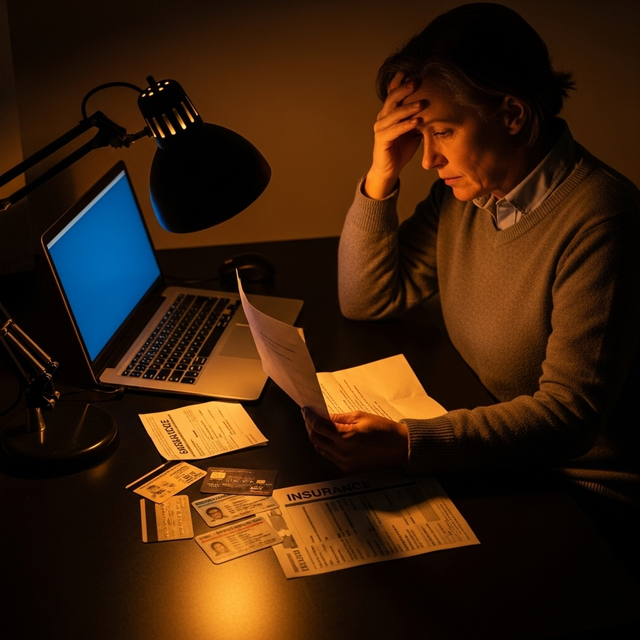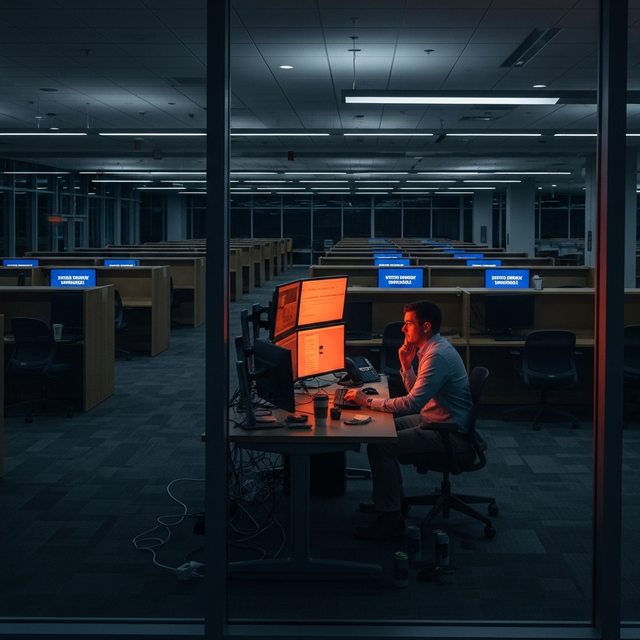Identities of 80+ Americans Stolen for North Korean IT Worker Scams

North Korean Hackers Stole 80+ American Identities for Remote Work Scams - Here's What You Need to Know
This is one of those stories that makes me want to call everyone I know and say "Please tell me you're being careful with your personal info." The Department of Justice just uncovered something pretty wild: North Korean hackers have stolen the identities of over 80 Americans to pull off a massive remote work scam.
What Actually Happened Here?
These weren't your typical identity thieves. We're talking about state-backed hackers who managed to get their hands on real Americans' driver's licenses, Social Security cards, and other personal documents. Then they used this stolen info to apply for remote tech jobs at more than 100 U.S. companies.
Think about that for a second - they weren't just opening fake credit cards. They were actually impersonating real people during job interviews and getting hired for legitimate remote positions. The goal? To funnel money back to North Korea while bypassing international sanctions.
How They Pulled It Off (And Why It's Terrifying)
What makes this especially concerning is how thorough these hackers were. They didn't just grab some basic info - they got enough personal documentation to pass employment verification checks. We're talking about:
Complete sets of identity documents
Scanned copies of driver's licenses
Social Security cards
Employment history details
Protecting Your Identity in the Remote Work Era
Look, I've been harping on about identity protection for years, but this takes things to a new level. Here's what you absolutely need to be doing:
First, treat your personal documents like they're nuclear launch codes. I'm not even kidding. That scan of your driver's license you emailed yourself? That needs to be encrypted. I use Samsung's T7 Shield encrypted SSD for storing sensitive documents - it's basically Fort Knox for your digital stuff.
For physical documents that you need to keep around, get yourself a proper storage solution. I recently set up my parents with a secure document safe because leaving sensitive paperwork in a desk drawer just doesn't cut it anymore.
For Companies: This Changes How We Need to Verify Remote Workers
If you're involved in hiring, this story should be setting off all kinds of alarms. The old "show us your ID and we're good" approach clearly isn't enough anymore. Companies need to start thinking about:
Multi-stage identity verification processes
Video interviews with multiple team members
Technical assessments that can't be easily faked
Background checks that go beyond the basics
What You Can Do Right Now
1. Monitor your professional profiles obsessively. Set up Google Alerts for your name + company combinations.
2. If you're storing scans of your personal documents, use encrypted storage. That random folder on your desktop isn't going to cut it.
3. For physical document protection, proper storage is non-negotiable. My recommendation for sensitive documents is a DocSafe document bag with lock - it's fireproof and keeps everything secure.
4. When applying for remote jobs, verify the company as thoroughly as they verify you. If something feels off, trust your gut.
The Bigger Picture
This isn't just about North Korea or remote work scams. It's a wake-up call about how our personal information can be weaponized in ways we never imagined. The days of thinking "who would want my identity?" are over. In this case, it was state-backed hackers, but tomorrow it could be someone else.
Quick heads up:Some links in this article are affiliate links. If you buy something through them, we might earn a small commission (doesn't cost you extra). We only recommend stuff we'd actually use ourselves or set up for our own families. No BS recommendations here.


